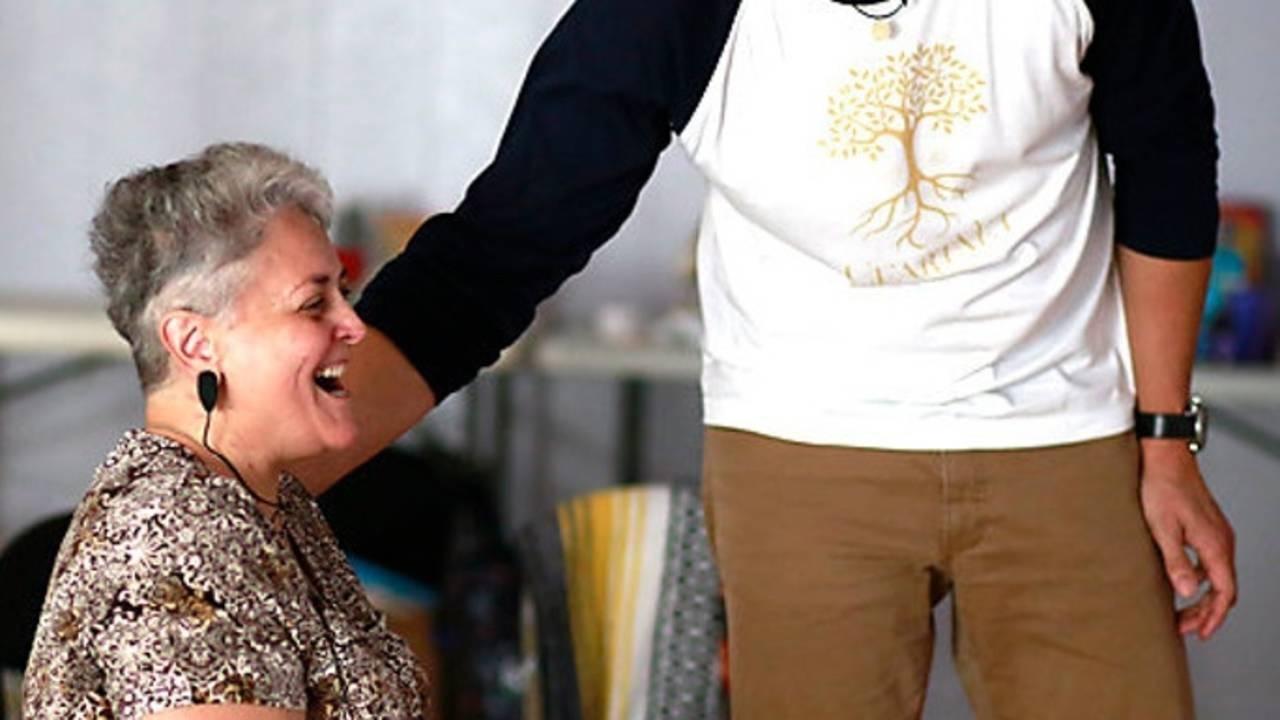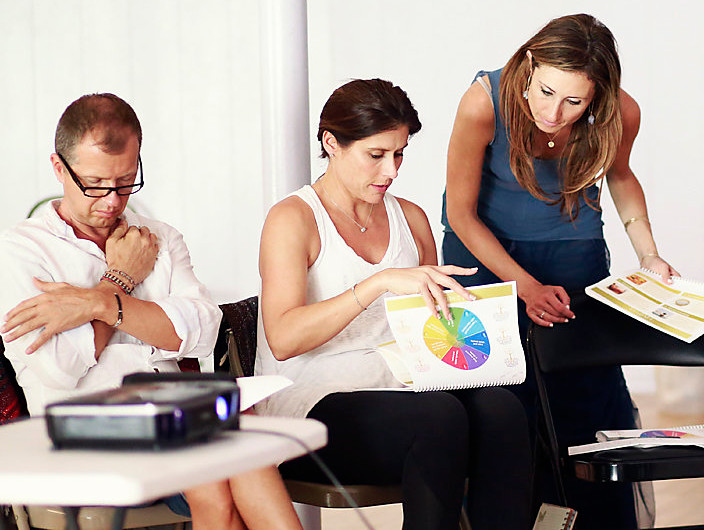Why is experience more important than knowledge?

A couple of years ago, I had a revelation with a little boy in my family. When he moved from kindergarten to primary school, he had a really difficult time for the first two years adjusting to a new way of learning. In kindergarten, he was used to learning by moving his body and exploring with all five senses. He learned easily by doing and having fun. The challenge for him was learning the way teachers wanted him to learn: placed at a desk trying to absorb all of the information served to him.
After a while the learning methods began to shift. The teachers integrated techniques to guide students into α–state. The techniques were all movement exercises to guide students to their full learning potential by balancing both hemispheres of the brain – the emotional and creative, as well as the rational and logical part.

The teachers practiced those techniques during class and right before exams to help the students gain and recall their knowledge. The results were truly amazing for this little boy and the rest of the class. He began to thrive in his new school environment.
I have been aware of these techniques and findings for a long time. We are happy to know that schools are integrating these powerful and much needed tools, which we have already been teaching in our seminars. The main focus of our seminars is to guide and share our insight and an abundance of hands-on exercises with you. If you are interested, please see what current seminars are available here.

Recently, I read an article about this topic, which also proves it in the use of science.
Below you’ll find a short excerpt:
Gerald Hüther, a German neurobiologist, did brain research for years and found answers about the crucial necessities in the process of transferring knowledge. Surprisingly, his results are not astonishing, but society still follows old patterns.
Gerald Hüther emphasizes that it is of utmost importance that our desire to learn does not vanish. He recognizes that knowledge is most beneficial in our brain on a long-term basis. The most effective skills for integrating experience are:
- Desire to learn
- Creating (physical) experiences
- Using social skills
- Having compassion
Those skills secure wisdom into our brains for the long-term. 80% of our knowledge gets lost if we just focus on learning. This is the reason the majority of college graduates cannot recall what they learned after 2 years. Instead, they remember their encounters during hands-on-training, internships or their professional career.
Fertilizer for our brains
Scientists have been able to prove the neurobiological processes that anchor information to the brain. Only through experiences and actions, are the brain’s emotional centers active and certain neurotransmitters released, thus securing knowledge in the form of newly built neuronal networks. These brain messengers restore processes that aid in awakening our intelligence bank.
Attend an Event
Discover Three Powerful Ways to Bring Health & Vitality Into Your Everyday Life in This FREE Masterclass by Worldwide Master Practitioner In Wholistic Healing, Elena Bensonoff.
Sign Up for the Masterclass below:





